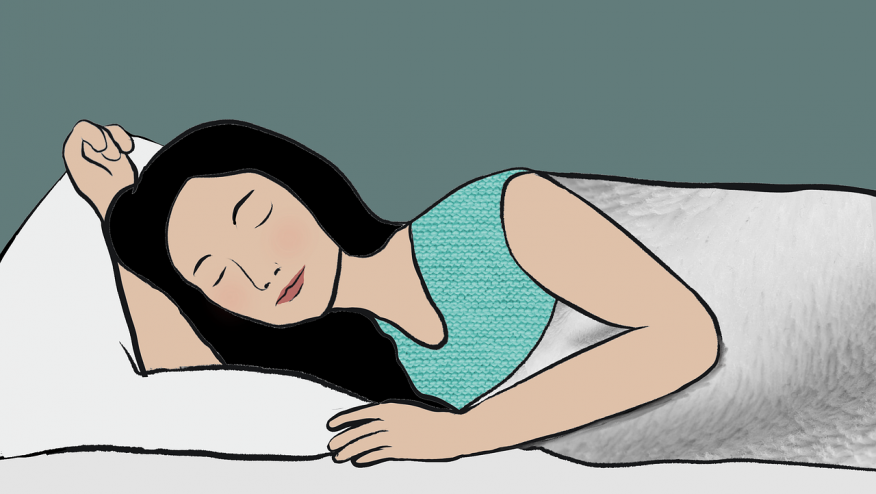Dreaming of Relief: The Importance of Sleep in Lupus and Rheumatoid Arthritis Save

Sleep plays a critical role in regulating inflammation and overall health. In rheumatic diseases like lupus and rheumatoid arthritis (RA), disrupted sleep is common and can exacerbate symptoms and disease progression. Experts Dr. Al Kim, Patty Katz, and Dr. Yvonne Lee emphasized the importance of addressing sleep disturbances in these conditions.
The role of sleep in inflammation
“Humans are proinflammatory at night, anti-inflammatory during the day, if the circadian rhythm is intact” says Dr Kim. Studies have demonstrated the significant impact of disrupted sleep on inflammation. In participants deprived of sleep for four days, levels of interleukin-6 (IL-6), a key inflammatory cytokine, began rising after three days. Other research has shown restricted sleep of 4 hours nightly for four days, followed by partial recovery with 6-hour sleep over six days, similarly led to IL-6 increases. Sleep architecture also serves different purposes which can be differentially disrupted in patients with rheumatic diseases. For example, deep sleep (non-REM stage 3) is essential for physical restoration, while REM sleep supports memory and cognition.
Insufficient and disturbed sleep is very common in SLE and RA
Sleep disorders are increased in systemic lupus erythematosus (SLE), with 24% of patients showing symptoms of obstructive sleep apnea (OSA) and 26% experiencing restless leg syndrome (RLS). Poor sleep quality, measured by patient-reported outcomes (PROs), is linked to active SLE and predicts disease worsening, but PROs may fail to accurately capture meaningful sleep quality. Objective sleep tracking shows SLE patients often have delayed bedtimes (“a chronic one hour jet lag”) and reduced sleep.
OMERACT has identified sleep quality as a key priority for RA patients. Studies show that 35% of RA patients may have OSA, and insomnia correlates with elevated IL-6 and TNF levels. In the FORWARD cohort (n=4,200), 43% of patients reported sleeping less than 6 hours per night, and 18% had OSA.
Fibromyalgia and the “unlearning” of sleep
Dr. Kim highlighted another challenge: “Sleep is a learned behavior, which means it can be unlearned.” In fibromyalgia, pain often resurfaces at night as patients begin to relax, disrupting the physiological preparation for sleep and effectively "unlearning" the behavior of restful sleep.
Addressing Sleep in Rheumatic Diseases
Effective sleep management requires a multifaceted approach, including addressing inflammation, mitigating risk factors like steroid use, and targeting comorbidities such as depression and anxiety. Non-pharmacological strategies, such as cognitive behavioral therapy (CBT), sleep hygiene, and exercise, show promise. Dr. Lee emphasized that although patients may be familiar with sleep hygiene concepts, hearing them from a healthcare provider often motivates implementation.
Pharmacological options are limited. Tricyclic antidepressants have mixed evidence from small trials in the 1970s, while benzodiazepines are not recommended due to risks of dependence and habituation despite increasing sleep time. Non-benzodiazepine sedative-hypnotics, such as zolpidem, have shown improvements in sleep time and quality. Cannabinoids also demonstrated benefit in a trial of synthetic compounds, with patients reporting subjective improvements.
For further guidance, patient-directed resources are available under “Navigating Sleep in Rheumatic Diseases” at https://bit.ly/injjp.
Conclusion
We cannot and should not ignore sleep. Improving sleep is essential for better management of rheumatic diseases. Integrating sleep assessments and tailored interventions into care can enhance patient outcomes and quality of life.










If you are a health practitioner, you may Login/Register to comment.
Due to the nature of these comment forums, only health practitioners are allowed to comment at this time.